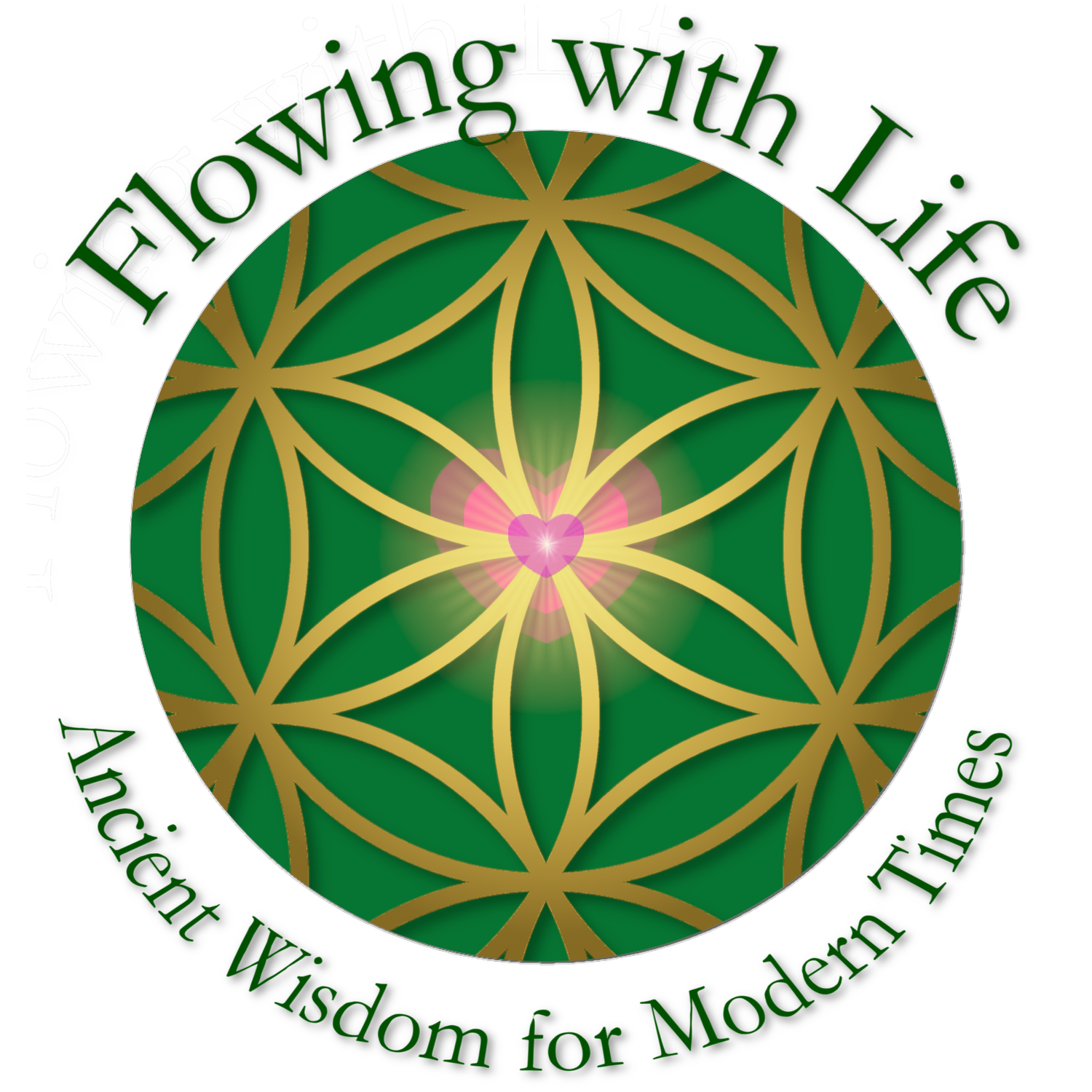Declaring Independence
On this day, not quite 250 years ago, the nation-state in which I was born declared itself free of the British Empire, determined to create its own. Founded by traumatised people, displaced from their homelands by desperation, they in turn displaced, to put it mildly, those they declared other. And so trauma begets trauma until we say enough. I’m not going to pass this on anymore. It is time to heal.
As we look in compassion, horror or bemusement at the great divides that define what are perhaps optimistically called "United States," we might take the opportunity to consciously decide we’d like to do things differently here in Scotland or wherever we might call home. As various commentators with various points of view attempt to divide the people of Scotland and the UK on the question of Scottish independence, we might choose instead to see the shared humanity that underlies all difference.
If our identity, our sense of being, depends on anything outside ourselves we are standing on shaky ground. If it depends on opposing anyone or anything, we are always off balance. For those of us who feel independence would bring benefits, perhaps we might listen in kindness to those who disagree or have concerns. Friends tell me they are afraid to speak because passions run high in their circles and communities. This is likely to entrench opposition, rather than open a space where we might explore together, as equals, this important question.
True independence for a community, region or nation is only realised when we each experience that blessing of knowing deep within that we are each complete, worthy and whole. Otherwise, we are crying out to everyone and everything we meet to give us what we imagine we lack. We might try to manipulate others to agree with our point of view or savour the attack on those who disagree.
When I was a postgrad in Edinburgh, a fellow student taught me a valuable lesson. I was vociferously criticising her point of view in the Blind Poet one evening. At some point I realised her discomfort and asked, "Is this not fun for you?" She replied insightfully, "Is this a game to you?" And truly, it was. I was never good at physical sport, but was taught that happiness comes from winning. Argument became my sport and I was encouraged in my talent. "You should be a lawyer," the town librarians told my teenage self. High praise indeed, in a status oriented culture. But winning does not lead to happiness — only to the desire to win again and again.
Let’s be honest. We all know this feeling of lack. This sense that something is missing or not quite right. We might call it a yearning. And nothing that anyone else does for us, nor any object, sensation, achievement or "win" we might seem to acquire, leaves us feeling fulfilled. At least not for long. The yearning comes back, again and again.
We can try substitutes, of course. Different pleasures might call to us, and us to them. Or perhaps we grow attached to our own suffering and the adrenaline rush that comes with feelings of stress. Addiction is not an exception in our society, but the norm. And that’s no sign of character fault or flaw, but simply evidence that we are in pain and looking for something which might soothe.
But no substitute for that which we truly yearn is ever enough. And if we continue to beat down that path of worldly pleasures and pains, we might well grow cynical, judgemental, anxious and/or depressed. These are all signs of a dissatisfied soul.
So we might step back and see independence not in terms of winning a debate — or even a vote — but instead in finding that place within ourselves that knows its own completeness, its own wholeness, its own Self. From this place, we can truly be of service to our communities and all our relations because we’re not needing something from them. We’re not looking out for some kind of deal where we get what we want. Perhaps in Westminster and Washington, we might see what problems this causes for everyone.
All spiritual traditions point not to the mind or the senses to find real satisfaction, but to the heart. This heart is the centre of our being, the place of balance, where nothing else is needed. It’s nothing to do with romance or emotions, but is the steady ground of the spiritual heart. When we find it, we feel it physically in our bodies. It’s not another concept to believe or disbelieve, but a palpable direct experience.
When we are at rest here, in the heart, our focus shifts from "me" to "we," from "ego" to "eco." There are no lines drawn in the sand to divide an "us" from a "them," because we know our own wholeness. We know we do not depend on an other to define us. In others words, we are healing. Independence is not something we demand or declare in the face of opposition, but something we can all experience directly. And in experiencing it, we can begin to share this possibility with others.
In this way, we offer a genuine alternative to competitive individualism in the form of healthy individuality. Each of us honouring our own unique and individual expression of this Life we share is the foundation of real relationships with each other. And real relationships are the root of strong communities, vibrant ecosystems and an economy that centres wellbeing for all. How about that for an independence movement?
This article also appears in Bella Caledonia under the title “May the Fourth Be with You.”






